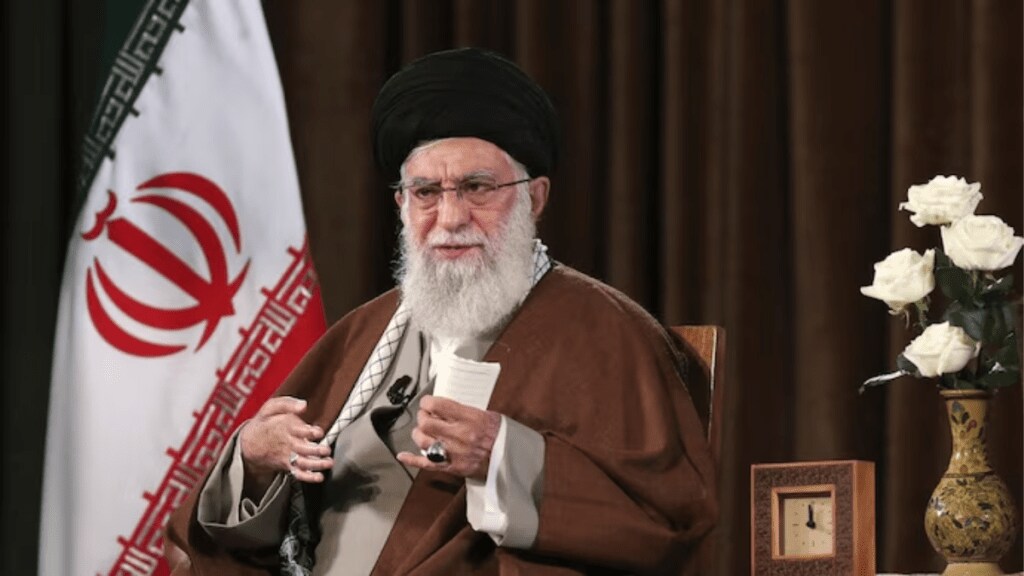A massive crowd gathered in Tehran for a rare Friday sermon delivered by Supreme Leader Ayatollah Ali Khamenei, who addressed Iran’s recent missile strikes on Israel and the legitimacy of Hamas’ October 7 attack. The sermon marks Khamenei’s first public address in nearly five years and takes place just three days ahead of the one-year anniversary of the Israel-Hamas war in Gaza.
During the sermon, Khamenei asserted, “Palestinian resistance is legitimate,” reinforcing Iran’s unwavering support for Palestine. He emphasized the necessity for Muslim unity, urging followers to overcome divisions created by external enemies. “The policies adopted by our enemy are to sow the seeds of division and sedition,” he stated, identifying these adversaries as threats not only to Palestinians but also to the Lebanese, Egyptians, Iraqis, Yemenis, and Syrians.
Khamenei claimed that every nation has the right to defend itself against aggressors, labeling Iran’s missile attack as a “minimum punishment” for Israel’s actions. He called on Muslim countries to fortify their defenses against a common enemy, extending from Afghanistan to Yemen and from Iran to Gaza and Lebanon. He firmly declared that both Hamas’ recent assault and Iran’s missile strikes are legitimate acts of defense.
The sermon also followed a prayer ceremony for Hassan Nasrallah, the chief of Hezbollah, who was killed in an airstrike last week. Khamenei had recently announced on social media that he would soon address issues concerning Nasrallah, referring to him as a distinguished martyr.
As tensions escalate in the region, Khamenei’s remarks signal Iran’s commitment to supporting its allies and reaffirming its stance against perceived aggression, framing the conflict in broader terms of defense and solidarity among Muslim nations.


